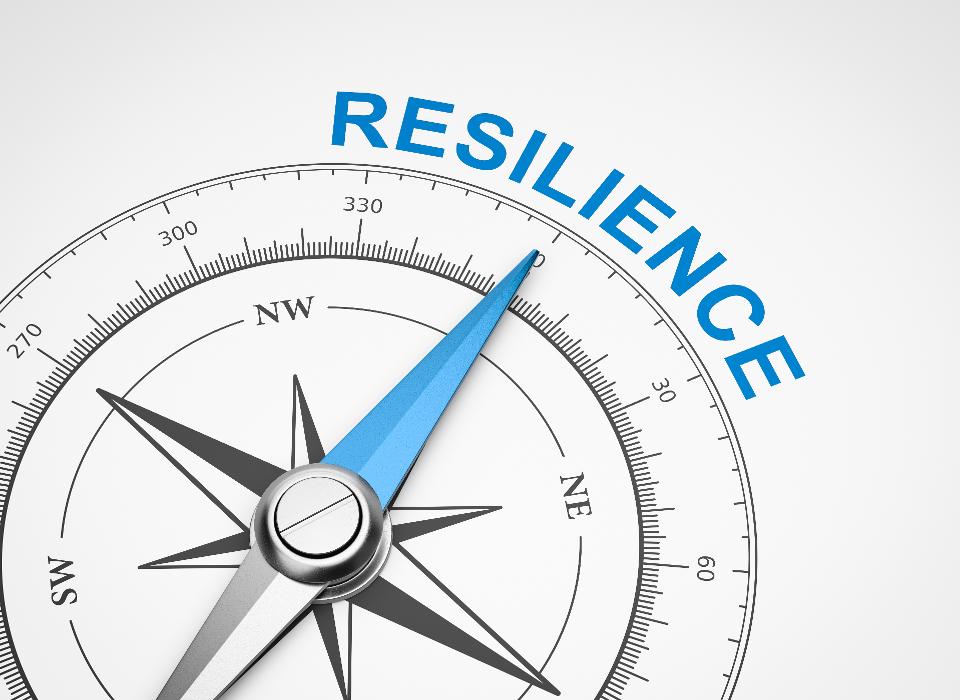Month: January 2014
What verse will be written about you?
Take some time to be reflective, delay being reactive, then proceed with purpose!
 How will your chapter read? What will they write about you? What emotions will come of your memory?
How will your chapter read? What will they write about you? What emotions will come of your memory?
We often think of ourselves as the protagonist in our own stories, yet, more importantly we might want to consider how we might be described in the stories that our loved ones, friends, acquaintances and even strangers write about their interactions with us. Will your memory hold prominence due to your positive actions, demonstrated integrity, personal commitment to supporting people, or might you be dismissed and edited out of the story as irrelevant, and as a character lacking depth and powerful association with the development of the story?
Will you be described as being a “pivitol” character standing by the writer during that life-changing moment, or as an “extra” filling in the long-shot, just outside of the frame? Will they mention how your spirit, heart, mind and soul served to support the…
View original post 194 more words
Transformational Resiliency
Each day that we are here offers opportunities to create environments for our children that support and encourage them. Let’s allow the lives we help them live be the measurement of our success.
I define Transformational Resiliency as the following: The growth, development and strengthening of a child’s personal resiliency as a result of providing an engaging, positive, thoughtful, supportive, educational environment. This blog is intended to provide an avenue to share ideas, concepts, approaches, and thoughtful considerations to do just that. I believe that the ownership of the current state of affairs belongs to educational leaders, school and district governance teams, teachers, communities, and children themselves, who hold the power to become resilient if they are provided opportunities to do just that.
A few months ago I wrote an article that addressed four specific actionable strategies that school administrators could focus on to advance their schools focus on Transformational Resiliency. I provide them again here for your consideration.
1. Participate in purposeful and conscious actions essential supporting resiliency: This means that school leaders must make and take the time to discuss with…
View original post 371 more words
What verse will be written about you?
 How will your chapter read? What will they write about you? What emotions will come of your memory?
How will your chapter read? What will they write about you? What emotions will come of your memory?
We often think of ourselves as the protagonist in our own stories, yet, more importantly we might want to consider how we might be described in the stories that our loved ones, friends, acquaintances and even strangers write about their interactions with us. Will your memory hold prominence due to your positive actions, demonstrated integrity, personal commitment to supporting people, or might you be dismissed and edited out of the story as irrelevant, and as a character lacking depth and powerful association with the development of the story?
Will you be described as being a “pivitol” character standing by the writer during that life-changing moment, or as an “extra” filling in the long-shot, just outside of the frame? Will they mention how your spirit, heart, mind and soul served to support the positive that was realized in their life?
Will you be the fondly remembered as a thoughtful, careful listener, who, through solution-focused conversation never really told someone what to do, yet taught a lesson or two that could be remembered years later, or as someone who simply pontificated your point of view without ever really listening, demonstrating compassion and/or empathy?
While it has been said that we all can and should write our own verse in this world, with a nod to “Dead Poet’s Society”, what we might want to focus on is a question that might be more apropos. For this question just might be a bit a more important when a measure of our effectiveness is taken. The question: What verses will be written about you, about your lived character, and about the memories that evoked when someone reflect about you?
The lesson to live is to be the person you want to be remembered as! Be amazing! Be relevant, be pivitol, be constructive, be memorable! Be you! Be part of providing an environment of peace for others, of calm where students can flourish, where students can grow in peace. Peace, in deed!
Transformational Resiliency
I define Transformational Resiliency as the following: The growth, development and strengthening of a child’s personal resiliency as a result of providing an engaging, positive, thoughtful, supportive, educational environment. This blog is intended to provide an avenue to share ideas, concepts, approaches, and thoughtful considerations to do just that. I believe that the ownership of the current state of affairs belongs to educational leaders, school and district governance teams, teachers, communities, and children themselves, who hold the power to become resilient if they are provided opportunities to do just that.
A few months ago I wrote an article that addressed four specific actionable strategies that school administrators could focus on to advance their schools focus on Transformational Resiliency. I provide them again here for your consideration.
1. Participate in purposeful and conscious actions essential supporting resiliency: This means that school leaders must make and take the time to discuss with their staff members the importance of making connections with students across their campuses. These connections are relevant, and important to support the preventative factors that a child needs to persevere through the adversity they may face during their developmental years.
2. Communicate by various means to reach, engage and support students: As simple as it may sound, taking time to communicate with children on a daily basis via conversation cannot be understated. When we take the time to speak to children and their families we quickly demonstrate that we care, we are thoughtful about them, and that we can see their future in our eyes, even if they might not be able to see it themselves. We demonstrate the importance of each person we come to know.
3. Develop and provide links for students to connect with other educators, school support members, community services and each other: The links to other healthy adults provides students with more data as to opportunities they have to become well-functioning adults. Whether these connections are person to person, or are person connected to the organization, via a parent night, movie night at school, reading club for students and parents, the more connections that are present and provide opportunities the better.
4. Welcome and honor every student interaction, every opportunity to connect with a student’s family, no matter who it may be: Recognize that every moment a child is attending school is an opportunity for Transformational Resiliency to occur, and for that child they have a unique home life, a unique home structure, and we must work to accept everyone who is part of that structure. By letting go of our preconceived notions, and or ideas, we can offer support, care, and yes, love to children and their families. When we do this we offer concrete impressions of our offer of dignity and support for the children we serve.
When students are engaged in rigorous academic environments, taught that having a positive mental outlook is an important part of becoming a well-functioning adult, and are supported in developing their resiliency skills, then we are indeed creating environments where Transformational Resiliency is coming to fruition.
More to come in the future, @ResiliencyGuy, Robert A. Martinez, Ed. D.

